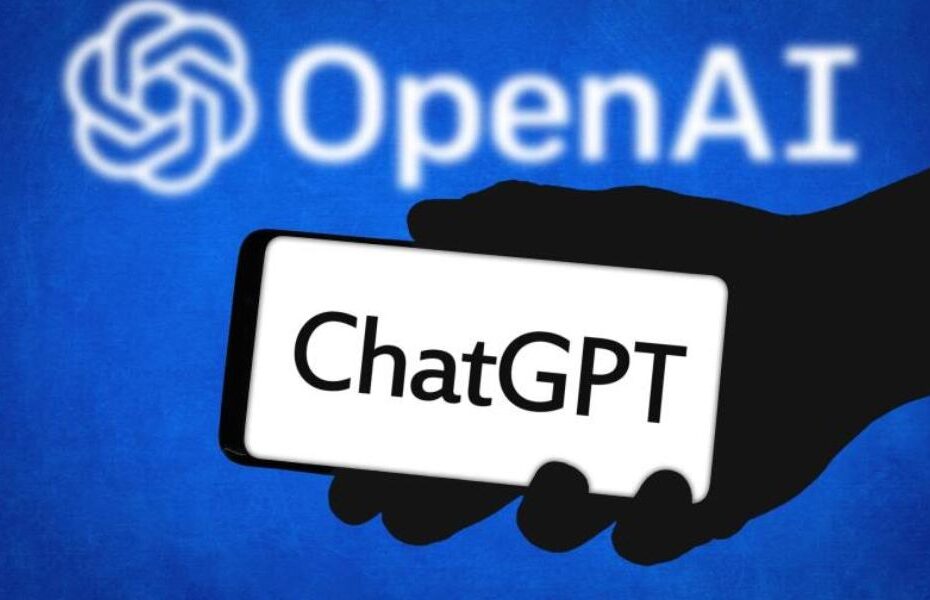In a recent development, OpenAI, the prominent artificial intelligence research organization, has been hit with a lawsuit claiming that it violated U.S. authors’ copyrights while training its AI chatbot. The lawsuit raises concerns over the unauthorized use of copyrighted materials, highlighting the potential legal implications surrounding AI training processes.
The lawsuit alleges that OpenAI’s chatbot, powered by the advanced GPT-3 model, was trained using copyrighted content without obtaining proper authorization from the authors. The complaint argues that by using copyrighted material without permission, OpenAI infringed upon the exclusive rights of the authors, which include the rights to reproduce, distribute, and create derivative works based on their original content.
The plaintiffs claim that their copyrighted works were used by OpenAI to train its AI chatbot, resulting in the creation of conversational responses that reflect substantial similarities to the original content. They argue that this unauthorized use undermines the authors’ rights and poses a potential threat to the integrity and value of their creative works.
The lawsuit raises important questions regarding the legal boundaries and ethical considerations surrounding using copyrighted materials in AI training. As AI technologies become more sophisticated, intellectual property and fair use issues come to the forefront. The case against OpenAI could set a precedent in defining the responsibilities of AI developers in ensuring compliance with copyright laws.
OpenAI, known for its commitment to responsible AI development, has yet to release an official statement regarding the lawsuit. However, the organization will likely emphasize its dedication to ethical practices and protecting intellectual property rights. OpenAI may argue that its training processes are designed to prioritize general knowledge rather than reproducing specific copyrighted works and that the AI model generates original responses based on its training data.
This legal challenge comes at a time when the field of AI is rapidly evolving, prompting discussions on the legal and ethical implications of AI training and deployment. As AI models continue to learn from vast amounts of data, the potential risks of copyright infringement and the need for robust safeguards to protect intellectual property become increasingly apparent.
The outcome of this lawsuit will undoubtedly have significant implications for both the AI research community and the wider creative industry. It may lead to greater scrutiny and regulation of AI training practices to ensure compliance with copyright laws and protect the rights of content creators. Furthermore, it reminds organizations and developers to be mindful of the legal and ethical considerations when training AI models on copyrighted materials.
As the lawsuit progresses, it will be essential to closely monitor the legal arguments and decisions made, as they could potentially shape the future landscape of AI development, copyright protection, and the responsible use of AI technologies.
In publishing and graphic design, Lorem ipsum is a placeholder text commonly used to demonstrate the visual form of a document or a typeface without relying on meaningful content.
